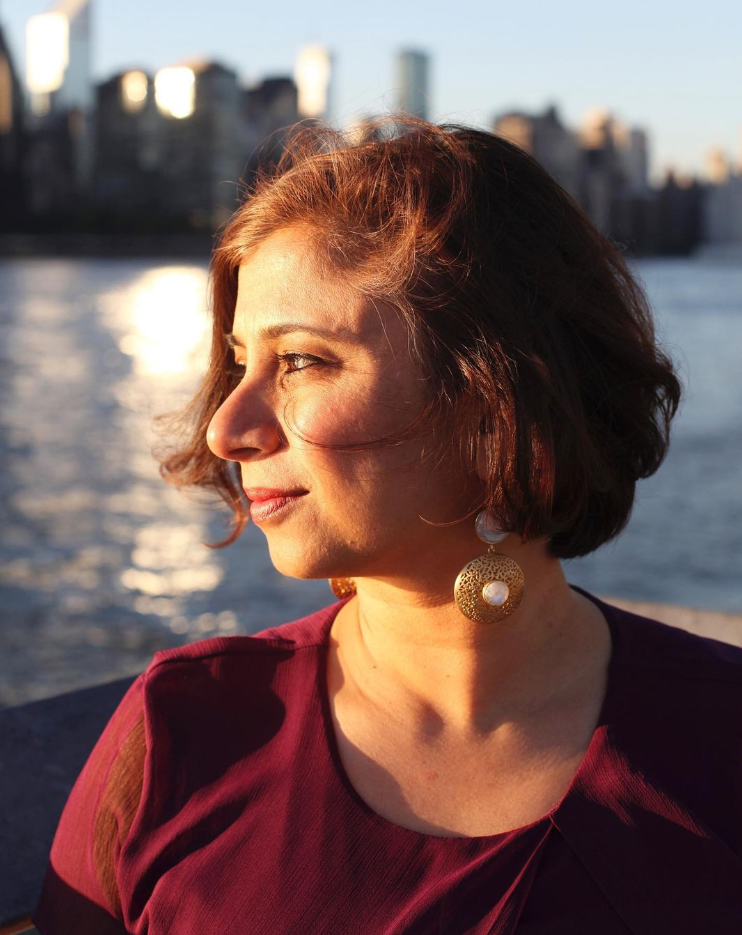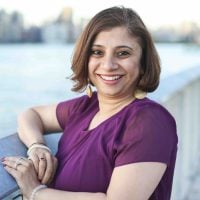
For most of my life, I have felt acutely aware of how different I am from most adults I know.
My rules of engagement and obsession with sharing authentic stories can be alienating in a world that prefers to sugar coat what’s uncomfortable and shove unsavory issues under the rug. I tried adapting when I was younger but failed miserably. It helped that my father reminded me to never give up on the real-me.
I know that you don’t need to change yourself to be loved. Instead, you surround yourself with people who love you for exactly who you are and challenge you to become better. That is why the people-loving extrovert in me chose to create a sustainable and supportive community of people and collaborates with them. Human connection makes you feel seen, heard, and understood. And it gives you a sense of belonging. But connections don’t happen overnight. You make intentional efforts and nourish relationships over a period. I would be remiss if I didn’t admit that no one can do it alone.
Human connection is the sense of closeness and belongingness a person can experience when having supportive relationships with those around them.[1]
When I lost my father over summer of 2023, I felt like a part of me died. But I felt supported for months on end. Yes, grief is hard and isolating. It comes in waves and can’t be predicted, but it can also be a motivator and bring like-minded people together. I talked openly and unapologetically about grief and that allowed others to share their stories. While grief is sad, it is also an opportunity to create safe space for vulnerable conversations and deep connections.
A few months after losing my father, I started to write my book, THE LOSS THAT BINDS US. Conrad Hotel in downtown New York gifted me a few days of stay so I could complete my book. Even though grief is a natural response to any kind of loss, it is a heavy topic to write about. It was so healing to have a safe space—a stunning view of the Hudson River from my suite and a writing area in my room—where I could navigate the darkest of emotions and complete my book. I could cry, get angry, revisit the loss, express my exasperation, and explore a plethora of emotions without anyone getting worried or asking me anything. Home is a safe space for many of us but not necessarily conducive to creativity because we become every other role but an artist.
Building a strong community can have many benefits. I might be the author of THE LOSS THAT BINDS US, but I am not the only person who has ever lost a parent or whose heart hurts. Grief is universal, and it can lead to social interaction and a sense of bond between different people. A beautiful restaurant in Manhattan, Mughlai, sponsored a warm, delicious, hearty, and cozy dinner for my husband and I. One of the owners shared their stories of grief and loss. We honored the deceased loved ones and my creative journey. Grief doesn’t mean only heartaches and tears. You also learn to celebrate the deceased loved one’s life and legacy. There was so much love, laughter, and flavor! The menu included our favorite foods. My husband swore by the kebabs, and I can tell you my vegetarian fare was spectacular! Best Saag Paneer outside of my mom’s kitchen and New Delhi.
The strength of our bonds matters too. A just-published study by Ohio State University found people feel more supported when their networks are more tightly knit. In other words, when your own connections know each other, you’re more likely to feel supported.[2]
The pandemic taught us that we, human beings, are capable of being productive no matter the situation. I used four different chairs during COVID-19 times to keep the workflow interesting: one for my day job, one for Ayurvedic client counseling, one for writing, and one for Ayurveda School. Adaptation ensures survival, but finding new ways to find joy helps us thrive. Nomadworks, a coworking space in Manhattan, gifted me a day to work from their office, so I could create the outline for THE LOSS THAT BINDS US. I will say that it was nice to have “space” to think and do creative work and not worry about house chores, client work, deadlines, or anything else. It was a gift to have focused time for writing.
This book, THE LOSS THAT BINDS US, much like my dad, has brought such incredible people into my life. There is an Ayurvedic restaurant in NYC called Divya’s Kitchen. They gifted my husband and me a beautiful Ayurvedic meal and healing evening. My husband said he felt relaxed right as soon as we entered the restaurant. Both my father and father-in-law loved khichdi, so I ordered Ayurvedic khichdi along with a warm bowl of ghee and a side order of green chutney. The flavors of the mint chutney transported me back to my mom’s kitchen in India from when I was a little girl. At Divya’s Kitchen, the restaurant celebrated both the fathers’ lives, their legacy as well as memories.
It’s been a tough year, but I have learned that we heal in a community. Our health and happiness are inextricably linked with our connections. In times when loneliness has become an epidemic in the world (definitely the United States)…I am grateful for the camaraderie, support, connectedness, and kinship I have with my community of incredible humans. I have realized that once we start to become intentional with life, we find our community.
“Anything that promotes a sense of isolation often leads to illness and suffering, while that which promotes a sense of love and intimacy, connection and community, is healing.” ~ Dean Ornish
~
Please consider Boosting our authors’ articles in their first week to help them win Elephant’s Ecosystem so they can get paid and write more.

 Share on bsky
Share on bsky






Read 3 comments and reply